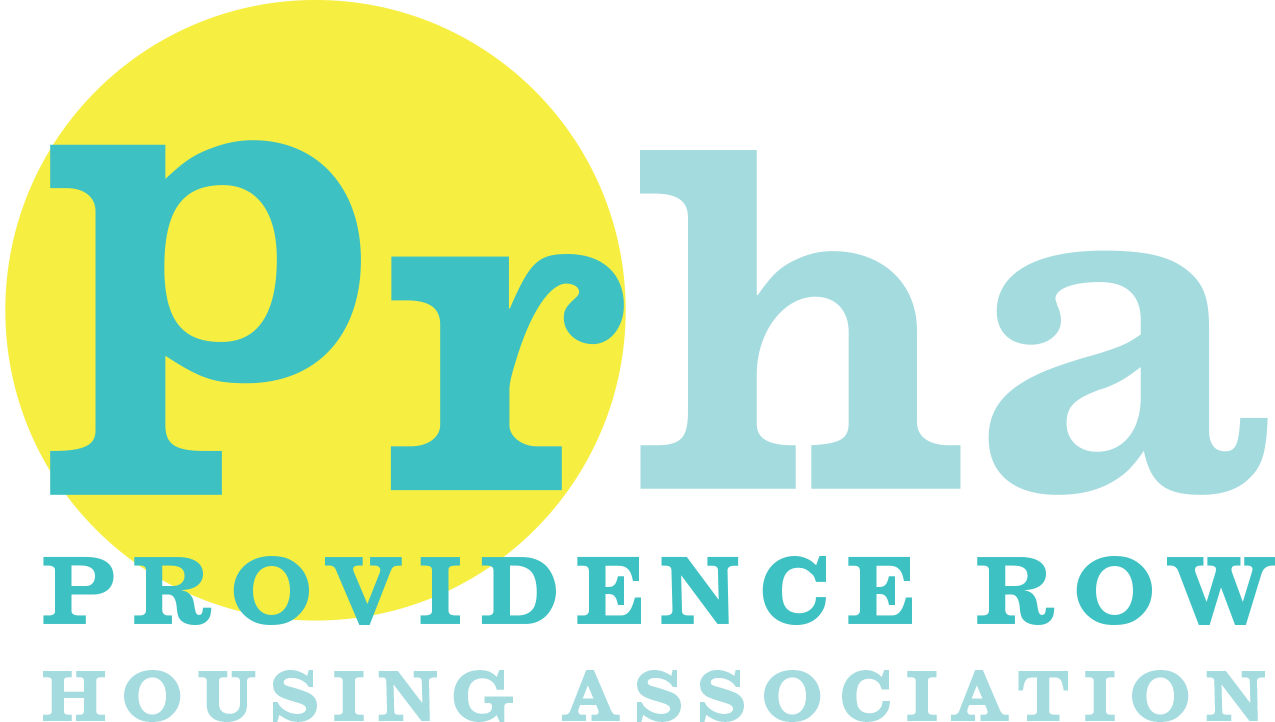We want our residents to feel safe and happy in their homes so we take anti-social behaviour very seriously. Anti-Social Behaviour is unpleasant, can make people feel unsafe in their own homes and communities and can lead to increased levels of crimes. We work with the Council and police to manage any reported problems.
As such, we work closely with the Council and police to manage any reported problems and deal with them decisively.
Hate Crime causes fear and anxiety for those who are subjected to it and it is not tolerated by PRHA in any form. If you are a victim of this type of abuse please report it immediately to the Police. You can also contact PRHA’s Housing Team on 0207 920 7300 with your concerns and we will do our best to help you.
What is Anti-Social Behaviour?
Anti-social behaviour (ASB) is any behaviour that is disruptive, harmful, or offensive to others in a community or society. This can range from minor incidents such as noisy or inconsiderate neighbours, to more serious offenses such as vandalism, harassment, or violence.
ASB can be committed by individuals or groups, and can have a wide range of negative effects on communities, such as reducing people’s sense of safety, creating fear and anxiety, damaging property, and causing social division and conflict.
Examples of ASB include:
Loud music or noise disturbance
Graffiti, vandalism, and property damage
Intimidation, harassment, and bullying
Substance abuse and drug dealing
Public disorder and violence
Abusive or threatening language and behaviour
ASB is generally considered unacceptable so it is important to address and prevent ASB in order to create safe, cohesive and inclusive communities.
Noise and Anti-Social Behaviour.
Unless it is excessive and frequent, most noise is not classed as anti-social behaviour as some noise is a part of normal everyday life, especially if you live in a block of flats. But if you are suffering regular, disruptive and loud noise levels, you should report it to your housing officer in the first instance.
Community Trigger
The Anti-social Behaviour, Crime and Policing Act 2014 introduced specific measures designed to give victims and communities a say in the way that complaints of anti-social behaviour are dealt with.
This includes the community trigger or anti-social behaviour case review, which gives victims of persistent anti-social behaviour reported to any of the main responsible agencies (council, police, housing provider) the right to request a multi-agency case review of their case – regardless of which agency is investigating the case – where a local threshold is met.
The use of the community trigger does not interfere with your right to follow your landlord’s internal complaint procedure; both processes can run at the same time.
More detailed information on the process, including the threshold and how to apply, can be accessed by clicking on the link below:
Tower Hamlets residents: https://www.towerhamlets.gov.uk/lgnl/community_and_living/community_safety__crime_preve/anti-social_behaviour/asb_community_trigger.aspx
If you have a complaint about anti-social behaviour, speak or write to your keyworker, scheme manager or housing officer. They should arrange to meet with you to discuss your complaint within 5 working days of receiving it. They will then investigate further and should let you know of the outcome within 10 days of your first meeting. If the investigation takes longer than 10 days for any reason (for example if witnesses are not immediately available) we will let you know.
We hope that you are happy with the services that we provide but if you are not, or feel that we could do something better, or in a different way, please let us know.


